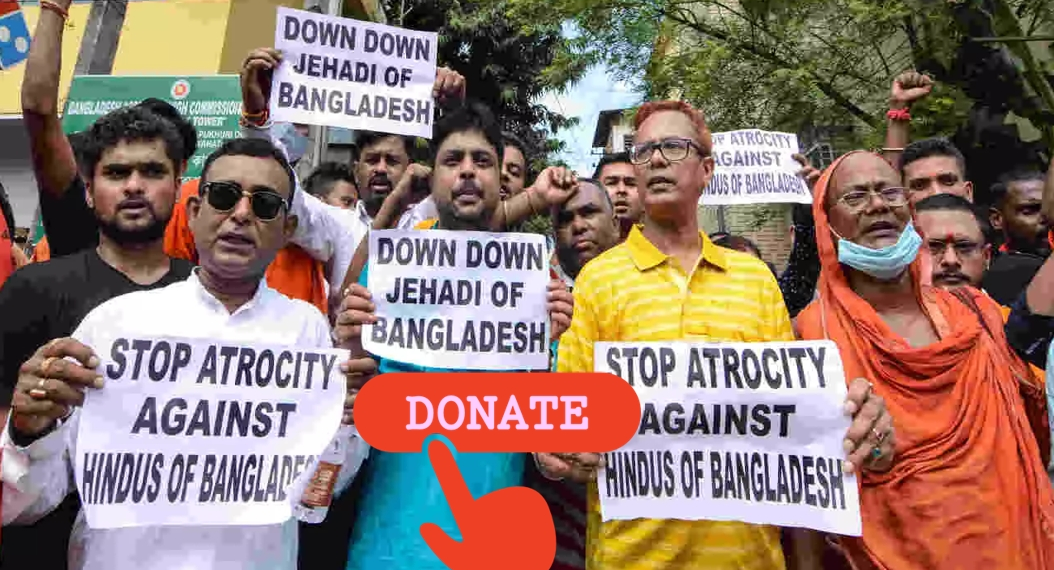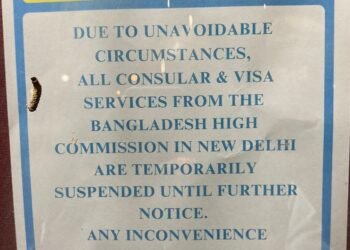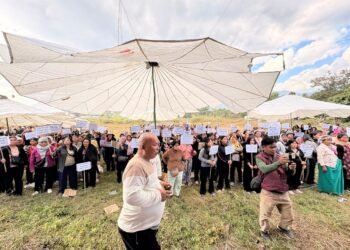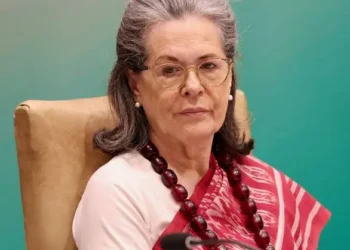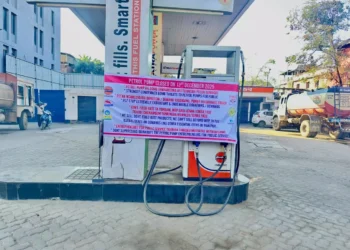Bangladesh’s Chief Adviser Muhammad Yunus’s Press Secretary, Shafiqul Alam, has urged local journalists to reclaim their narrative against what he called an “industrial-scale misinformation campaign” by Indian media. He stressed the need for truth to combat false narratives, while student-led protests in Dhaka demanded the extradition of Sheikh Hasina and a ban on ISKCON.
By PC Bureau
Bangladesh has sharply criticized India for what it calls “double standards” in addressing minority rights, citing ongoing violence against Muslims within India. The accusations emerge amid growing tensions over the arrest of Hindu leader Chinmoy Krishna Das on sedition charges, an incident that has triggered widespread protests.
Asif Nazrul, Law Affairs Adviser to Bangladesh’s interim government, took to Facebook to denounce India’s “unwarranted concern” for Bangladesh while failing to address its internal challenges. He pointed to a survey suggesting that 64.1% of Bangladeshis believe the interim government has improved minority safety compared to the previous Awami League administration.
Meanwhile, Shafiqul Alam, Press Secretary to Chief Adviser Muhammad Yunus, urged Bangladeshi journalists to actively counter what he termed an “industrial-scale misinformation campaign” led by Indian media outlets. Alam emphasized the importance of reclaiming narratives, stating, “Smart people also live on India’s eastern border,” in a bid to highlight Bangladesh’s political and intellectual agency.
Alam, a former journalist, further elaborated in a Facebook post that Bangladeshi journalists were recognizing the urgency of confronting what he described as systematic misinformation. Reflecting on the country’s recent political transformation, he said, “These people ousted a brutal dictatorship in one of the finest revolutions in human history,” underscoring the nation’s resilience and determination.
In a striking remark, Alam said, “Some may think Indians are smarter people. But believe me, if you are empowered by truth, no misinformation campaign can stop you.” His comments coincided with student protests at Dhaka University, where demonstrators called for resisting India’s alleged interference in Bangladesh’s internal affairs.
The students demanded the extradition of former Prime Minister Sheikh Hasina, who fled to India in August during massive student-led protests, and proposed banning the International Society for Krishna Consciousness (ISKCON) in Bangladesh. The demonstrators accused India of “border killings,” religious persecution, and deliberate attempts to foment communal discord within Bangladesh.
They further alleged that the Indian government was exploiting religious divides to destabilize Bangladesh. “India is killing people on our border every week. Minorities in their own country are being persecuted daily. Recently, several Muslims were killed in an incident centered around a mosque,” said Bin Yamin Molla, president of the Student Rights Council, who expressed skepticism about India’s intentions.
The ongoing war of words between the two nations underscores a deepening rift, with Bangladesh accusing its larger neighbor of hypocrisy and interference, and India raising concerns about the safety of minorities in Bangladesh. The arrest of Das and the broader accusations have added yet another layer of complexity to the strained bilateral relations.


